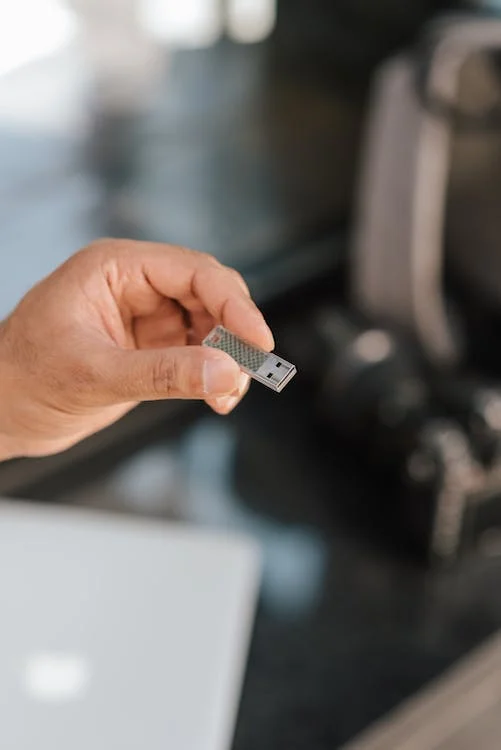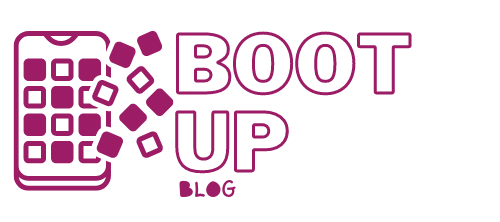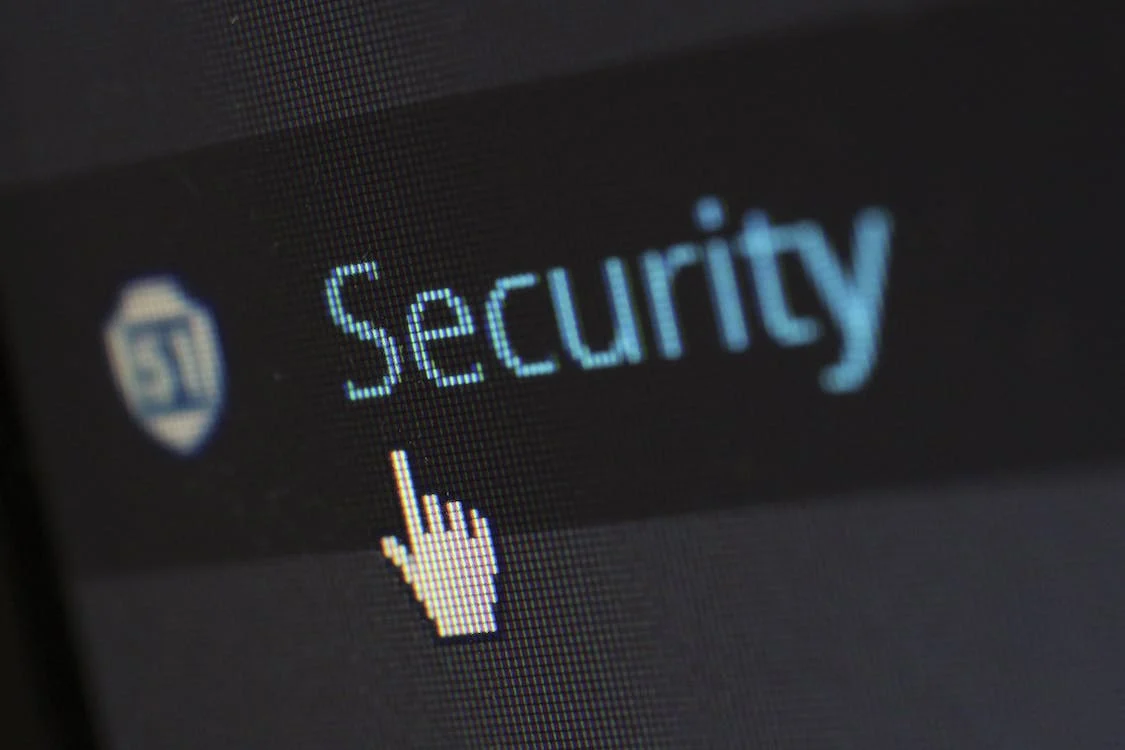To protect your computer, you usually install an anti-virus program. But this is not enough! It is necessary to adopt good practices to avoid pirate traps, such as using only original programs or downloading updates.
Here are 6 good habits to adopt to limit the risks of being a victim of a malicious program or Internet user!
1. Create a user session
When you set up your computer for the first time, it is strongly advised :
– not to give yourself administrator rights
– to use a simple “user” session.
Indeed, “administrator” sessions have all the rights to modify and install programs. When a virus tries to intrude on an administrator session, it can succeed in granting itself installation rights alone because it is at the heart of the reactor!
If a virus wants to infect your computer, a pop-up will ask you for your password. If you say no, the request is rejected, and the virus is removed! On the other hand, on a “user” session, you must systematically fill in a password before installing any program.
Good to know: for even greater security, change your password regularly.
2. Don’t trust unwanted windows
Sometimes, when surfing the Web, an IFrame or pop-up window appears on your screen.
It often tells you that your computer has just been infected and that you need to click on “this button” to get your anti-virus software to work (or that you’ve just won a mansion, a yacht, and a check for $100,000).
To find out if it’s a trick (the yacht, seriously, did you believe it?), open your computer’s anti-virus program. Do not rely on anyone else.
Good to know: always read the warnings, notifications, and other information windows. If something looks suspicious, wait to type in your password and never click OK/authorize without reading!
3. Watch out for spam
Among the many e-mails you receive daily, there may be some very successful reproductions of administrative e-mails. You should either send your bank details, login details, or passwords to these pirate addresses! Your bank, health insurance company, and a mutual insurance company will never ask you to send them sensitive personal information by e-mail.
To spot these fake administrative e-mails:
– The sender’s address is often complex, with fraudulent numbers or names.
– There are often many spelling mistakes.
– You are often asked to click on a link and fill in personal information.
– There is often a sense of urgency (capital letters, numerous exclamation points, injunctions).
Only open attachments once you are sure they are safe, especially if they are from people not already on your contact list.
Good to know: these files contain computer programs that will lodge themselves in your computer and send data about your business behavior to a third-party company.
4. Scan USB sticks

A friend gives you a USB stick with files he downloaded? Scan the contents of that USB stick with your anti-virus software. This friend may have downloaded a malicious program without knowing it…
Even if today, anti-virus scanning has become automatic for any connected device or downloaded document, you are not safe from a new virus slipping through the cracks. So, do not transfer anything to your computer if you have any doubts.
Good to know: always eject your USB devices manually! Indeed, operating systems sometimes use these small memory extensions to store data temporarily. If removed abruptly, this can cause “data corruption” problems.
5. Update your systems
The 2 major drawbacks of updates are the time it takes to install them and the space they take up on your hard drive. Often, they start up just when you need all the RAM on your computer…
But that being said, keeping your machine up to date allows you to correct flaws in your system, browser, or any other program, making them more efficient and secure. So set updates to automatic installation!
Good to know: anti-virus updates include protection against new viruses detected since the last update.
Of course, if a new virus has been developed the same day and tries to infect your machine, you will not be protected, but this is rare!
6. Don’t use copies of the software
Of course, you can find cheap copies of Windows or Mac OS on the Internet, but they are not reliable. The same goes for antivirus software!
You can find “cracked” programs for free, but they are generally less efficient than the originals, and downloading them exposes you to web pirates!
Note: the engineers who design these programs are not stupid. If they can’t prevent professionals from cracking their programs, they can limit the functions of pirated versions.

